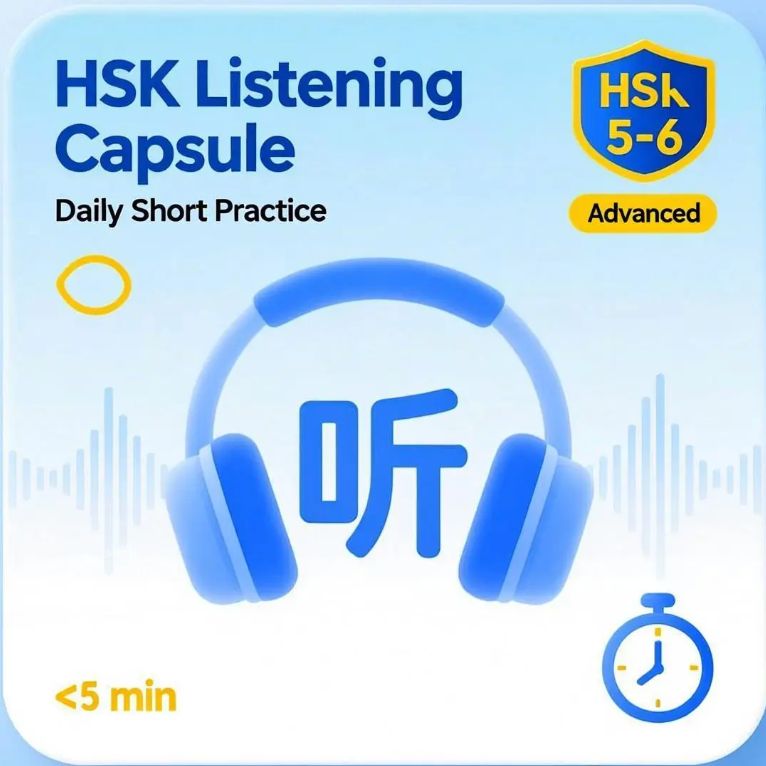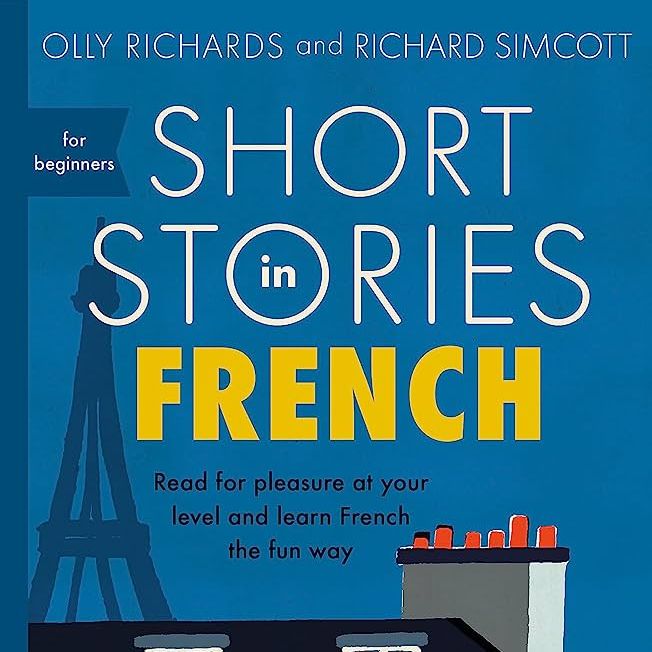Search from various Tiếng Anh teachers...

想 (xiǎng) VS 要 (yào)
Mô tả
想 (xiǎng) and 要 (yào) are both verbs in Chinese that can be translated as "want" in English, but they are used in different contexts and convey slightly different meanings.
想 (xiǎng) is used to express a desire or inclination, often accompanied by a feeling or emotion. It can be translated as "to think" or "to wish" in English. For example:
我想去旅游。 (Wǒ xiǎng qù lǚyóu.)
I want to go traveling.
他想学游泳。 (Tā xiǎng xué yóuyǒng.)
He wants to learn how to swim.
要 (yào) is used to express a strong desire or intention, often with the idea of taking action to achieve a goal. It can be translated as "to want" or "to need" in English. For example:
我要一杯咖啡。 (Wǒ yào yī bēi kāfēi.)
I want a cup of coffee.
他要买一辆新车。 (Tā yào mǎi yī liàng xīn chē.)
He wants to buy a new car.
Note that in some contexts, 想 (xiǎng) and 要 (yào) can be used interchangeably, especially in spoken Chinese. In this case, the choice of word may depend on the speaker's style or emphasis.
Kênh Podcast
Difference between A and B in Chinese with Shanmei
Tác giả
Tất cả các tập

ejjjd ksksk ksksk ksksk ksks

HSK一, Commonly used phrases, Please read after me.

Zdrowie

CHAO‘s HSK Listening Capsule(Advanced)HSK5-3一次难忘的旅行An unforgettable trip

Chapitre 3: French stories in French - Olly Richards and Richard Simcott

Soy tu profesor de inglés.

幸福是什么?

Lecturitas: Letra G y J| Spanish Phonetics with Mexican accent
Các tập phổ biến

test channel
ejjjd ksksk ksksk ksksk ksks

Merry's voice (HSK一)
HSK一, Commonly used phrases, Please read after me.

Język polski z przyjemnością!
Zdrowie

CHAO's HSK Listening Capsule(Advanced)|A Daily Dose to Sharpen Your Ears|CHAO的HSK听力胶囊(高级)
CHAO‘s HSK Listening Capsule(Advanced)HSK5-3一次难忘的旅行An unforgettable trip

Read with me the book : French stories in French - Olly Richards and Richard Simcott
Chapitre 3: French stories in French - Olly Richards and Richard Simcott

LEARN BY LISTENING
Soy tu profesor de inglés.

Ruby's Listening Studio
幸福是什么?

Español con Patty Basic Level A2
Lecturitas: Letra G y J| Spanish Phonetics with Mexican accent